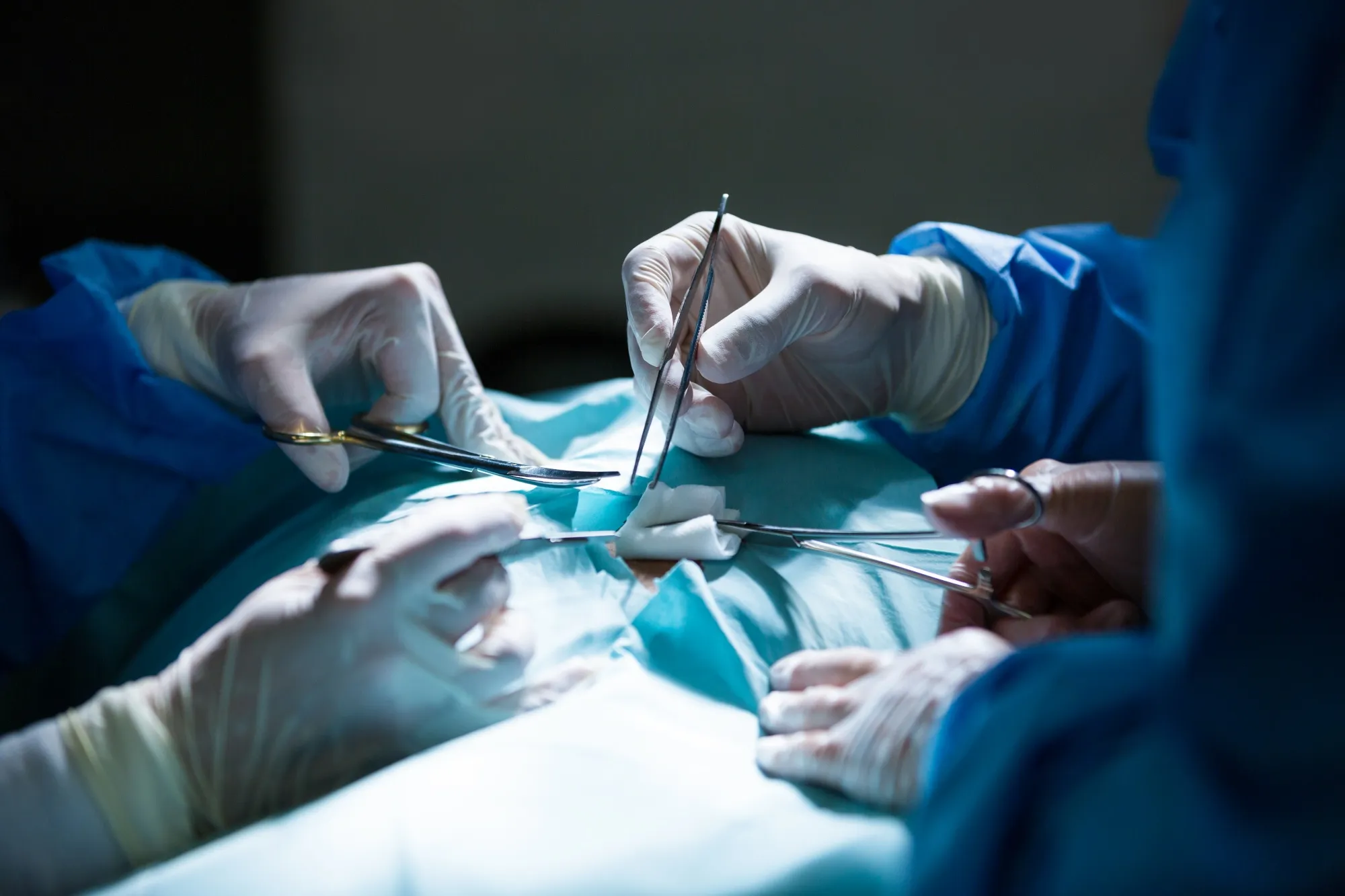A recent study published in the *Journal of Cardiothoracic and Vascular Anesthesia* has cast new light on the postoperative challenges faced by patients recovering from cardiac surgery. Specifically, the study focuses on the impact of a prolonged Systemic Inflammatory Response Syndrome (SIRS) post-surgery and its connection to higher incidences of morbidity and mortality. The findings of this research could provide valuable insights for healthcare providers managing postoperative care and may pave the way for improvements in patient outcomes.
DOI: 10.1053/j.jvca.2023.12.017
Led by a team of experts from Turku University Hospital and University of Turku, Finland, including Viikinkoski Emma E, Aittokallio Jenni J, and others, the observational study spanned a cohort of 261 patients who had undergone cardiac surgery with cardiopulmonary bypass. These individuals were monitored for a period of up to 90 days following their procedures, with a focus on identifying a possible link between SIRS and postoperative complications.
Of the 261 patients involved, approximately 6.4% experienced prolonged SIRS, characterized by meeting at least two criteria for SIRS across four consecutive postoperative days. The study highlighted a significant correlation between prolonged SIRS and several adverse outcomes. For example, postoperative atrial fibrillation (POAF) affected 42.2% of patients, while 3.8% suffered stroke or transient ischemic attacks. Researchers found that prolonged SIRS was a strong predictor of POAF (odds ratio [OR] 4.5), 90-day stroke (OR 4.5), and mortality (OR 10.7).
Moreover, the study broke new ground by identifying two biomarkers, nerve growth factor and interleukin 5, that were associated with prolonged SIRS. Patients with higher preoperative levels of these biomarkers were more likely to experience extended inflammation after surgery.
The substantial connection between prolonged SIRS and negative postoperative outcomes signifies an urgent need for individualized predictors of recovery trajectories following cardiac surgery. By identifying biomarkers associated with heightened inflammatory responses, medical professionals could potentially mitigate these risks through targeted interventions.
The findings of this study may lead to the development of preoperative screening protocols for nerve growth factor and interleukin 5 levels. As these biomarkers could help predict which patients are at a higher risk for a protracted inflammatory response, they could inform personalized treatment plans that may include closer monitoring, preventive strategies, and tailored therapeutic approaches.
As an observational study from a single institution, further research is needed to validate these findings across multiple settings and larger populations. There is a potential for these biomarkers to facilitate the creation of a predictive model for prolonged SIRS post-cardiac surgery, but such a model would require additional validation.
This research could have significant implications for the cardiovascular surgery industry. With personalized medicine on the rise and the increasing focus on patient-centered outcomes, the ability to predict and manage postoperative complications could improve quality of care and reduce healthcare costs through the prevention of adverse outcomes.
References
1. Viikinkoski, E. E., Aittokallio, J. J., Lehto, J., et al. (2023). Prolonged Systemic Inflammatory Response Syndrome After Cardiac Surgery. Journal of Cardiothoracic and Vascular Anesthesia. https://doi.org/10.1053/j.jvca.2023.12.017
2. Relander, A., Vasankari, T., Jalkanen, J., Gunn, J., et al. (2023). Cardiac surgery-induced SIRS and its clinical implications. Journal of Cardiothoracic and Vascular Anesthesia.
3. Airaksinen, K. E. J., Hollmén, M., Kiviniemi, T. O. (2023). Biomarker profiling in cardiac surgery. Journal of Cardiothoracic and Vascular Anesthesia.
4. Jalkanen, S., Gunn, J., Airaksinen, K. E. J., et al. (2023). Preoperative prediction of postoperative complications in cardiac surgery. Journal of Cardiothoracic and Vascular Anesthesia.
5. Lehto, J., Viikinkoski, E. E., Aittokallio, J. J., et al. (2023). Systemic inflammatory response: Impact on cardiac surgery outcomes. Journal of Cardiothoracic and Vascular Anesthesia.
Keywords
1. Cardiac Surgery Inflammation
2. SIRS Biomarkers Prediction
3. Postoperative Atrial Fibrillation
4. Prolonged SIRS Cardiac Surgery
5. Cardiac Surgery Recovery Biomarkers
The study serves as a stepping stone to understanding and improving patient care post-cardiac surgery. It highlights the critical need for preemptive identification of individuals at risk and emphasizes the complex interplay between surgical procedures and the body’s inflammatory responses. As the research community continues to pursue advancements in this field, it is prudent to recognize the contributions of these scientists in enhancing patient outcomes and potentially saving lives.
